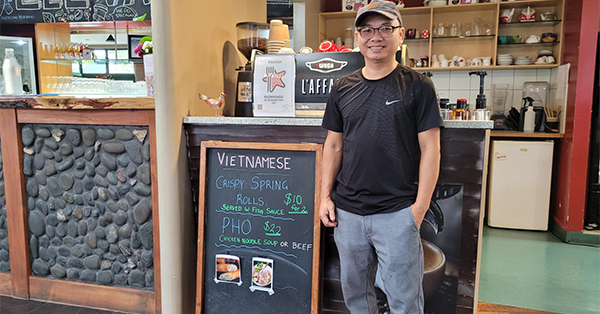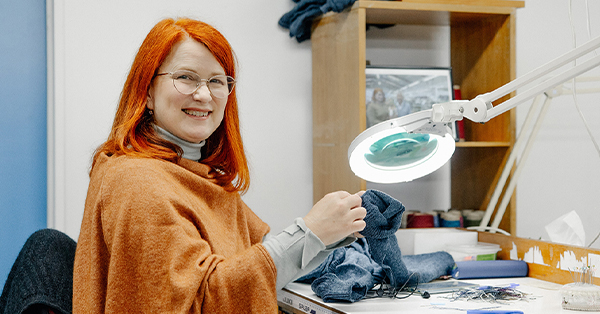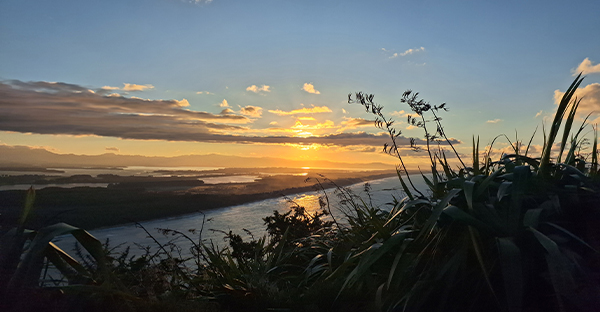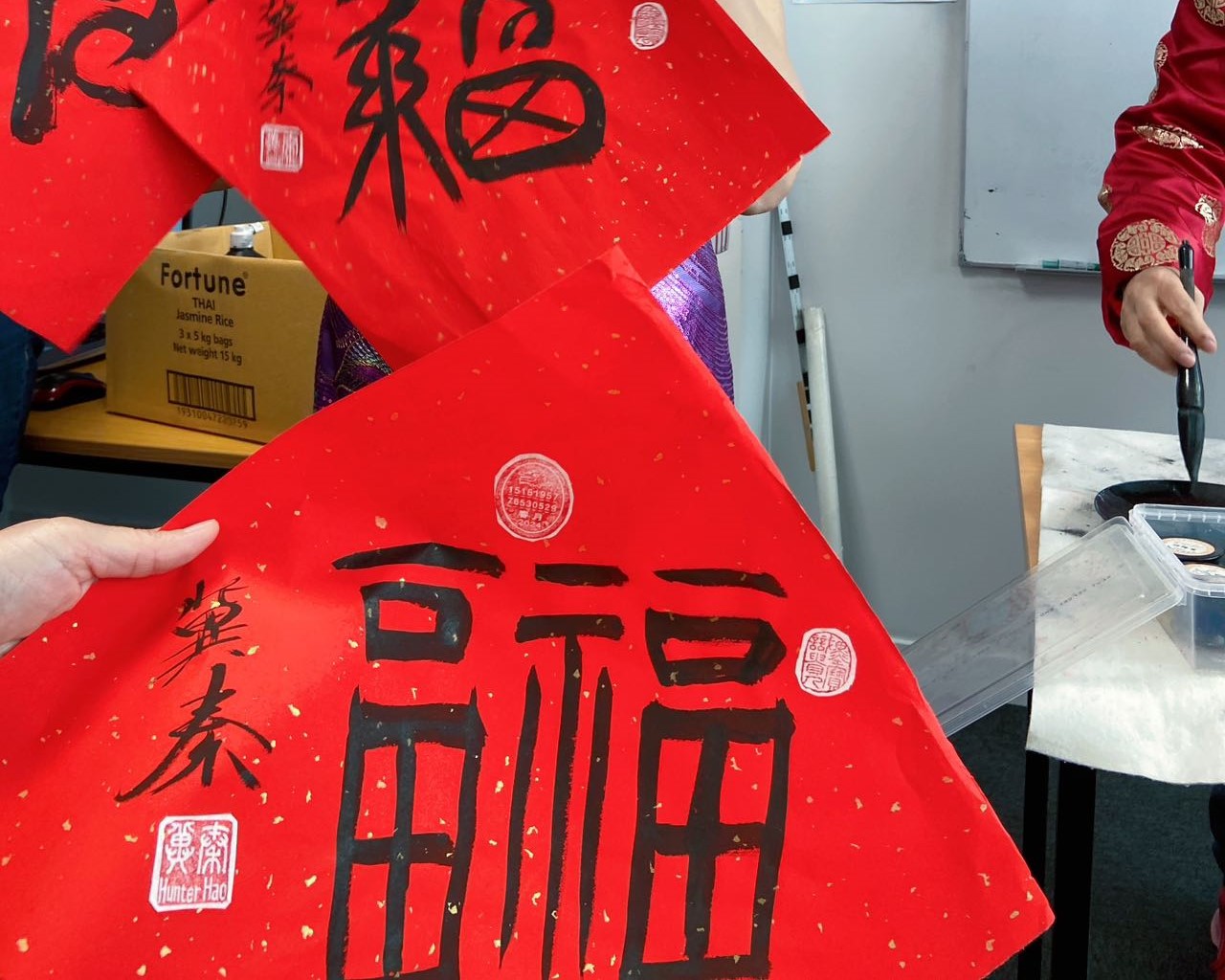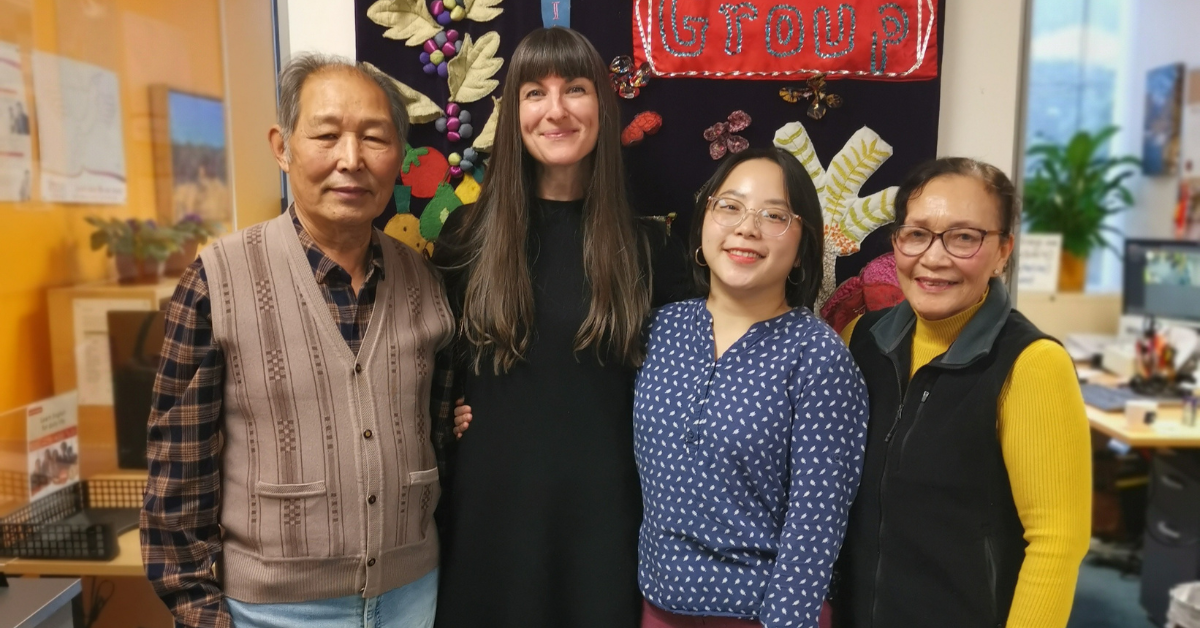On 26 August 2001, the Norwegian cargo ship Tampa responded to a distress call issued by the Australian Rescue Coordination Centre, rescuing over 430 Afghan asylum seekers from their sinking boat.
Mohammad Ali Amiri, now living in Wellington, was one of those people. Their treatment by the then Australian government sparked a human rights’ controversy and generated headlines around the world. In August 2011, as former Tampa refugees marked the tenth anniversary, Mohammad was among a group invited to Australia to take part in the SBS Insight television show sharing their memories and stories of their lives since the Tampa rescue.
For Mohammad, who has become a leader of the Afghan community in New Zealand, a major part of his journey has been with the Allison family who have provided him with support and friendship, both through English Language Partners and Refugee Services.
During the 2001 rescue, the Australian government controversially refused permission for the Tampa to offload the asylum seekers, including children and pregnant women, at the nearest place of safety: Christmas Island.
Following a stand-off, during which Australian SAS Special Forces took control of the Tampa, they were eventually sent to the island country of Nauru, where they were detained for several years while their refugee status was processed.
For Mohammad, arriving in Wellington seven years ago, the welcome from volunteers assigned to help him – including Margaret Allison and her son Simon – was “a wonderful thing”.
“I met Margaret the day I arrived,” he recalls. “She was part of the group which helped me to get onto my feet, with all the day-to-day tasks from paperwork to shopping. “It was very good. When you come to a country and you know no-one, and someone offers you help, it is the best ever thing that can happen.
“I could speak some English and the main challenge was to find a job. Margaret and her family helped so much. Once she sat up until 3am writing my CV. I was prepared to do whatever it took, and I found a job working in a hotel kitchen.”
I could speak some English and the main challenge was to find a job.
Once Margaret, who works as a science technician at Massey University, had taught Mohammad to drive, she also began helping him to improve his English. “Mohammad would come to dinner every Saturday and we would do some English afterwards,” she says. “After a period I felt I needed more guidance so I went to English Language Partners and trained as a tutor. That gave me resources and support.”
Margaret continued to tutor Mohammad for several years as well as working with a second learner from Iraq. Mohammad was almost 25 when he arrived in Wellington and had little formal education although he had worked as a tailor in Afghanistan. “Education was very poor,” he says. “We lived in a rural area so the only education available was during the winter when it was too cold to go outside to work and we had a religious education in the mosque.”
As well as working in the hotel, Mohammad took a second job in tailoring, enrolled in ESOL classes at Massey and then a one-year foundation course at Victoria University, working nights to fit around his studies. In the meantime, his English lessons with Margaret had become firmly focussed on a very important element – his family.
When Mohammad escaped the dangerous situation in Afghanistan, he left behind an extended family, including his parents, Sadiqah and Mohammad Amir Amiri and younger siblings. Unknown to him they had also fled, to Pakistan. However, by an incredible coincidence, another refugee Mohammad had befriended and helped on Nauru, moved to Karachi and one day he overheard an Afghan couple talking about how they did not know the whereabouts of their eldest son.
He asked them his name, they said “Mohammad Ali Amiri” and he was able to hand them the home-made card, with their son’s e-mail address, which Mohammad had given to him before they left Nauru. Determined to bring his family to New Zealand, many of his English lessons with Margaret over the ensuing years were spent completing the required paperwork.
“As soon as he became eligible to bring them here then that became a big part of the lessons,” says Margaret. It was a long and arduous process, with setbacks, but, finally, in January 2011, Mohammad’s parents and his six siblings, aged between 14 and 24, arrived. His two oldest brothers now work in a bakery and the others are attending school for the first time in their lives. They are forging friendships, study ESOL classes with international students but are in mainstream groups for all other lessons and are thoroughly enjoying the learning experience.
So are Mohammad Amir and Sadiqah who are now learning English with Margaret too, and also attend a local ESOL class.
“I go over most evenings and we drink a lot of tea and do a little English, which is really good because that reinforces the learning,” says Margaret.
Mohammad Amir says that learning English is vital to settling well. “It is very important for everyday life,” he says. “For communication, shopping, transport, taking classes or going to the doctor. It is a challenge and we get nervous about using it but it is important to do it.”
Mohammad also works tirelessly to increase understanding of refugee issues – and his excellent English skills mean he is often asked to speak publically or be quoted in the media.
“Mohammad speaks very well publicly,” said Margaret. “When he speaks, he speaks from the heart. And everybody listens.”










